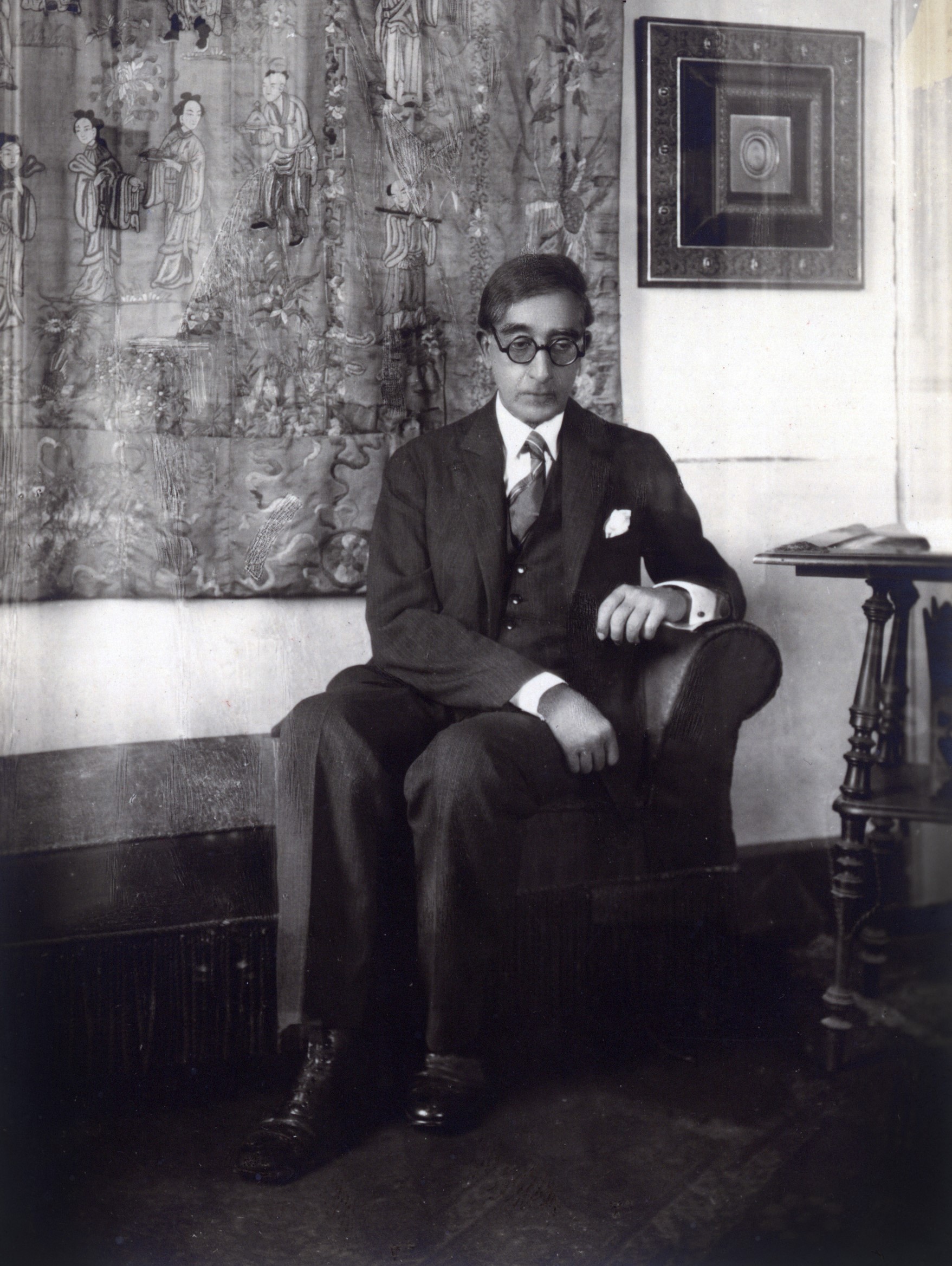
Stories Talk | Presentation Skills and Effective Storytelling
Stories Talk | Presentation Skills and Effective Storytelling
By Mia Kollia
Translated by Alexandros Theodoropoulos
There aren’t many words to describe Cavafy's work, other than the work itself. Sensitivity, intelligence, endless charisma, insight of the human soul, so many life lessons about difficulties, adversities and peculiarities would just be some of these words. Cavafy saw everything and said everything.
Every verse of his bears a meaning…
“Laistrygonians, Cyclops, wild Poseidon—you won’t encounter them unless you bring them along inside your soul, unless your soul sets them up in front of you” (Ithaca).
Some obstacles are not actually in our way but are our personal demons, outgrowths of our fear, problems that we create ourselves, while they do not exist in reality. Our mind must listen and overcome its fears, in order to continue our journey.
“As one long prepared, and graced with courage, say goodbye to her, the Alexandria that is leaving” (The God Abandons Antony).
Every loss is difficult but it shouldn’t lead us to disintegration. It is very important to honestly and courageously accept the adversities of life, without delusions.
“And if you can’t shape your life the way you want, at least try as much as you can not to degrade it by too much contact with the world, by too much activity and talk” (As Much As You Can).
The man who lets himself become one with the masses and doesn’t try to keep his personality intact, in essence, degrades his life, as he loses what makes him special and unique, as well as his individuality.
“Honor is due to those who are keeping watch, Sentinels guarding their own Thermopylae; Never distracted from what is right to do” (Thermopylae).
We should honor the people who have set some important principles and some valuable goals in their lives, taking care to defend them in every possible way.
Constantine or Konstantinos Cavafy is by far the most famous and widely read modern Greek poet. The body of his poems includes the 154 of the Cavafy canon - the so-called "Accepted" - the 37 "Renounced", most of them youthful, written in a romantic Katharevousa (conservative form of Greek language), the 75 "Hidden" that were found completed in his papers, as well as the 30 "Incomplete".
The language of his poems - a mixture of Katharevousa and vernacular Demotic Greek, with idiomatic elements of Constantinople - and the lyrical form of his poems were idiosyncratic and pioneering for the time. Cavafy tells us about justice, impasse, composure, frustration, morality, moderation and dignity, but also about physical pleasures and desires…

The great poet was born in Alexandria, Egypt, on April 29, 1863. He was the ninth and last child of cotton merchant Peter Ioannis Cavafy, originally from Constantinople. He spent his first childhood years in a rich environment, with a French educator and an English nurturer. However, in 1870, financial problems for the family appeared after the death of his father. Two years later, his mother, Hariklia Cavafy (originating from Fotiadis family) had no other option than to move with her children first to London and then to Liverpool.
They stayed there for six years, during which young Constantine learned English and cultivated his innate inclination towards letters. In 1878 the family faced financial problems again and returned to Alexandria, where 15-year-old Constantine studied at home and then continued his studies at Hermes commercial high school. The following year, due to the nationalist unrest in Egypt, the family moved again, this time to the house of his grandfather, Georgakis Fotiadis, in Constantinople.
In October 1885 Cavafy returned to Alexandria with his mother and two brothers, Alexander and Paul, and started working first as a journalist and later as a broker in the Cotton Stock Exchange. In 1889 he was hired by the Irrigation Service, where he remained until 1922.
From 1893 until the end of the century, Cavafy wrote some of his most significant poems, such as “Candles” (1893), “Walls” (1896) and “Waiting for the Barbarians” (1899).
In 1902 he traveled to Greece for the first time and met other great writers such as Gregorios Xenopoulos and Ioannis Polemis. In a letter, he states that, in Athens, he felt like a believer going on a pilgrimage to Mecca.
In December 1907, the poet settled in a house at 10 Lepsious Street - which today has been renamed Cavafy Street - where he created the most important part of his work. His fame was constantly spreading at the time and many great personalities of literature from Greece and abroad, such as the futurist Tommaso Marinetti, André Malraux, Nikos Kazantzakis and Kostas Ouranis, paid a visit to his apartment.
In 1917 he met Alekos Segkopoulos, who according to some was his illegitimate son and according to others his love partner, but in any case, he later became his general heir. In April 1922 he resigned from the Irrigation Service to dedicate himself to his poetic work.
In 1930 Cavafy was facing problems with his larynx and doctors diagnosed him with cancer. The great poet couldn’t speak and in 1932 he underwent a tracheostomy in Athens. A year later, he returned to Alexandria, with his health constantly deteriorating. At the beginning of April he was transferred to the Hellenic Hospital and on the 29th of the same month he passed away at the age of 70.
#HisStory